The Rise of Virtual Reality: From Gaming to Real-World Applications
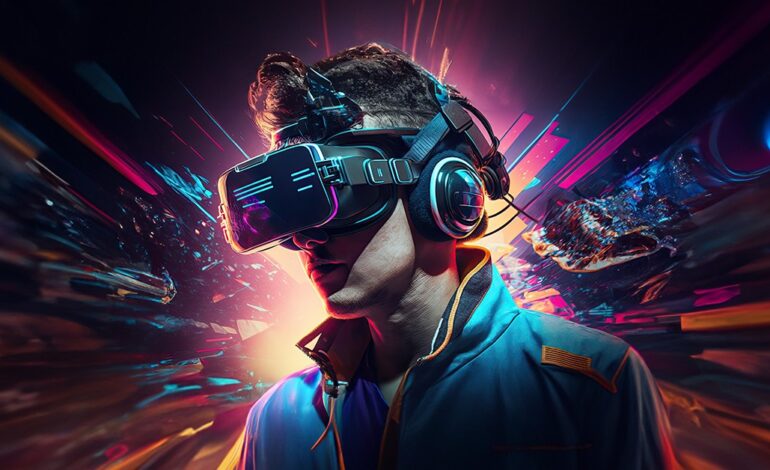
Virtual reality (VR) technology has transcended its origins in the realm of gaming to become a transformative force across various industries. From immersive training simulations to therapeutic applications, VR is revolutionizing how we interact with digital environments and shaping the future of numerous sectors.
Evolution of Virtual Reality
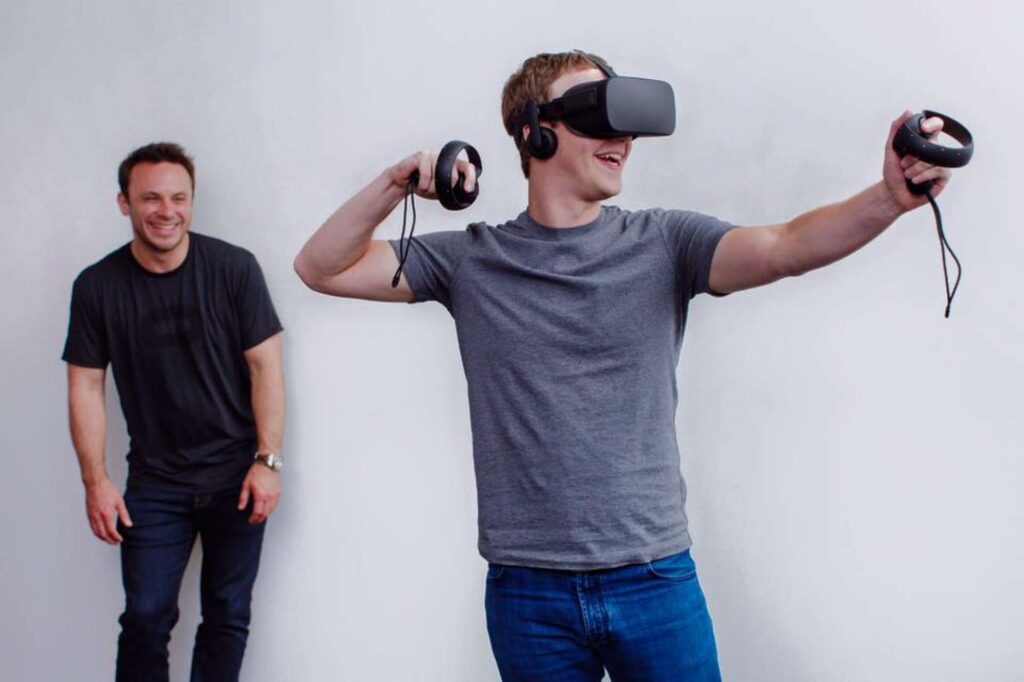
Virtual reality has come a long way since its inception. Initially developed for gaming purposes, VR technology has rapidly evolved to offer more than just entertainment. The early prototypes of VR headsets were bulky and expensive, limiting their accessibility. However, advancements in technology have led to the development of sleeker, more affordable devices with enhanced capabilities.
Applications Beyond Gaming
Education and Training
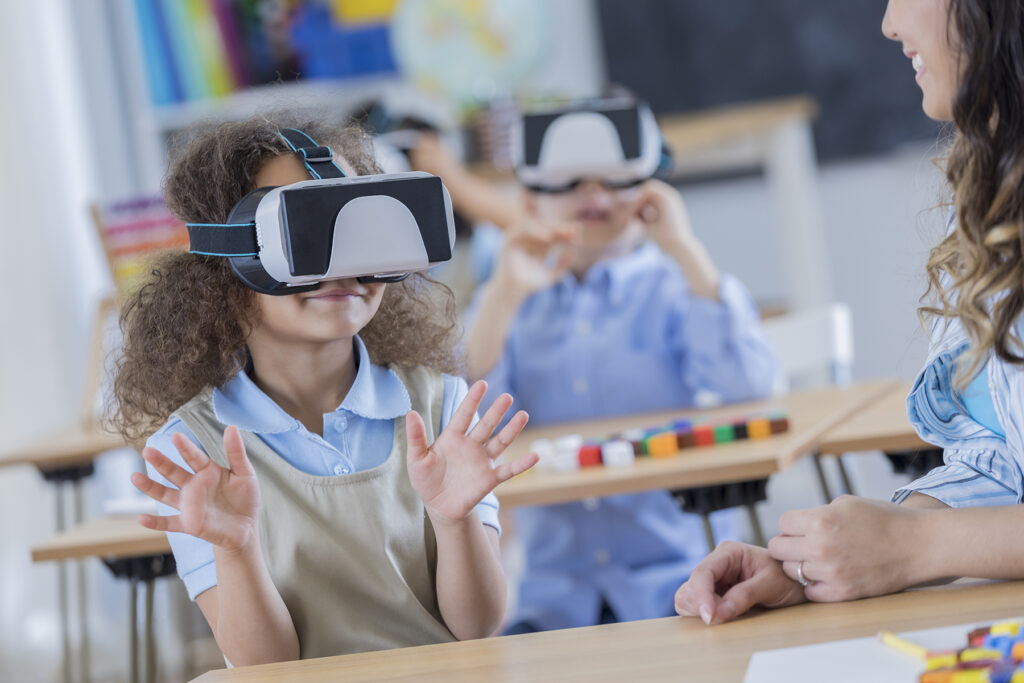
VR is revolutionizing education and training by providing immersive experiences that enhance learning outcomes. From virtual field trips to hands-on medical simulations, VR enables students to engage with complex concepts in a way that traditional methods cannot replicate.
Healthcare

In the healthcare sector, VR is being used for diagnostic purposes, surgical training, and therapy. Surgeons can practice procedures in a virtual environment before performing them on patients, reducing the risk of errors. Additionally, VR-based therapy is proving to be effective in treating conditions such as PTSD and anxiety disorders.
Architecture and Design
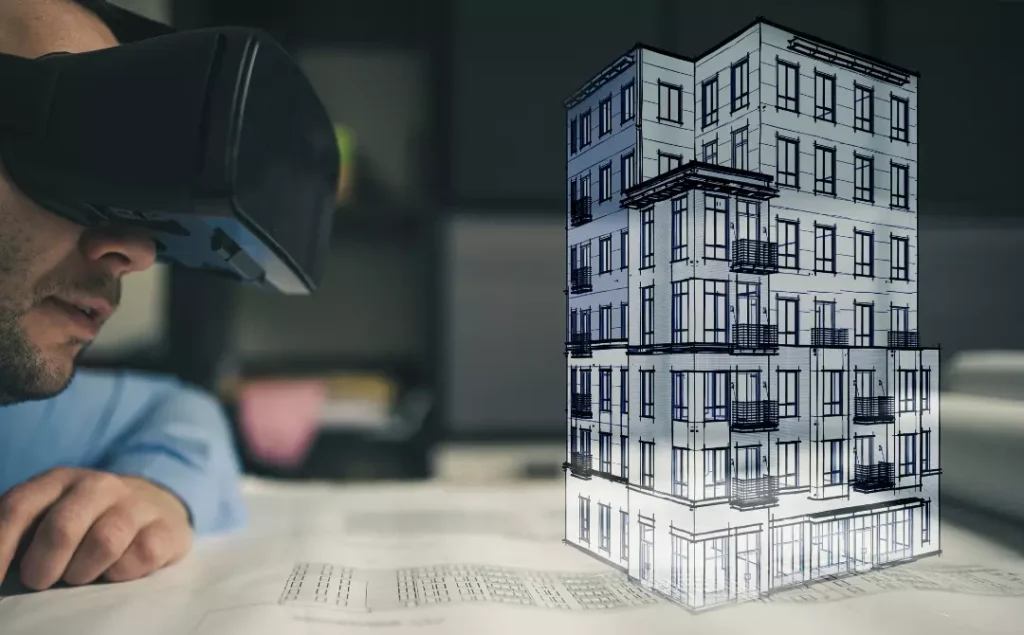
Architects and designers are leveraging VR technology to create immersive 3D models of buildings and interiors. This allows clients to visualize spaces before construction begins, leading to more informed design decisions and improved collaboration between stakeholders.
Retail and Marketing
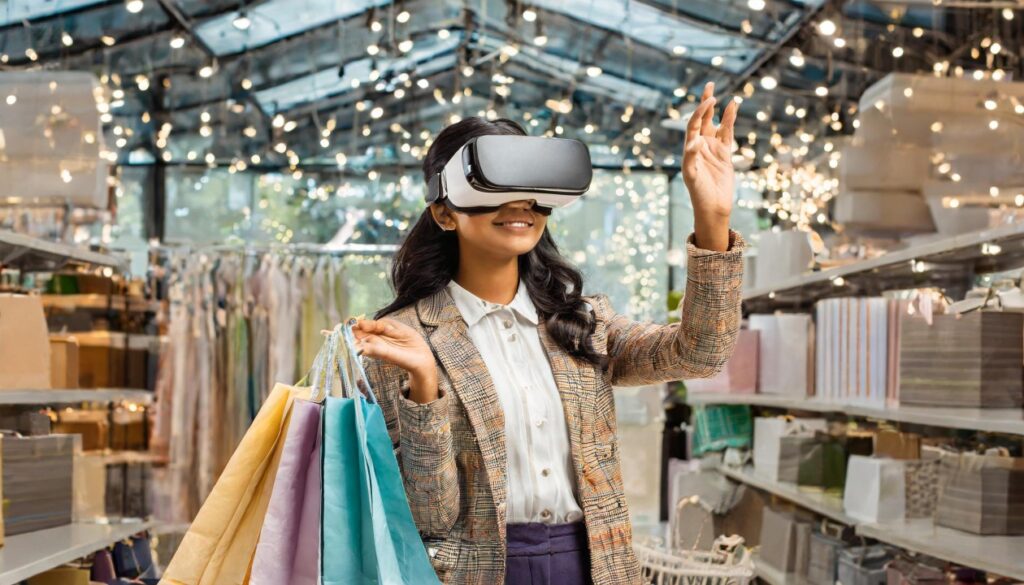
In the retail industry, VR is transforming the way consumers shop by offering virtual try-on experiences and immersive product demonstrations. Marketers are also using VR to create interactive brand experiences that engage customers in innovative ways.
Tourism and Hospitality
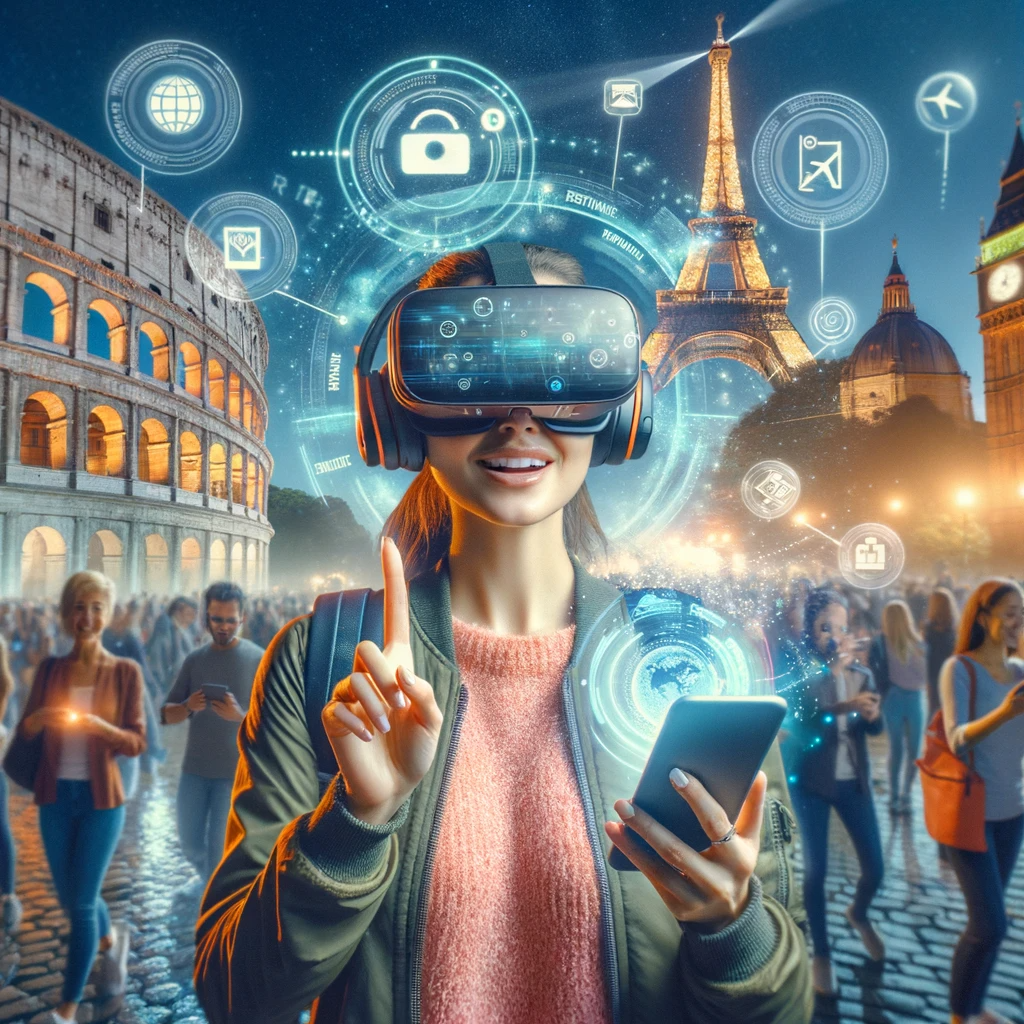
VR has the potential to revolutionize the tourism and hospitality industry by offering virtual tours of destinations and hotel properties. Travelers can explore destinations from the comfort of their homes, helping them make more informed travel decisions.
Future Prospects
As VR technology continues to advance, its potential applications are virtually limitless. From enhancing remote collaboration to revolutionizing entertainment experiences, VR has the power to reshape our world in profound ways. With ongoing research and development, we can expect to see even more groundbreaking innovations in the years to come.
Conclusion
The rise of virtual reality from its origins in gaming to its diverse applications across various industries underscores its transformative potential. As technology continues to evolve, VR will play an increasingly integral role in how we interact with digital environments and experience the world around us.
Frequently Asked Questions (FAQs)
Q1: How does virtual reality work?
A1: Virtual reality works by immersing users in a computer-generated environment through the use of headsets and motion-tracking technology.
Q2: What are the benefits of using VR in education?
A2: VR enhances learning by providing immersive experiences that engage students and improve retention of information.
Q3: Is virtual reality safe for prolonged use?
A3: While VR is generally safe for most users, prolonged use may cause discomfort or motion sickness in some individuals.
Q4: How is virtual reality being used in healthcare?
A4: VR is used in healthcare for training purposes, diagnostic imaging, and therapeutic applications such as pain management and rehabilitation.
Q5: What are some emerging trends in virtual reality?
A5: Emerging trends in VR include augmented reality integration, haptic feedback technology, and the development of wireless VR headsets for increased mobility.








